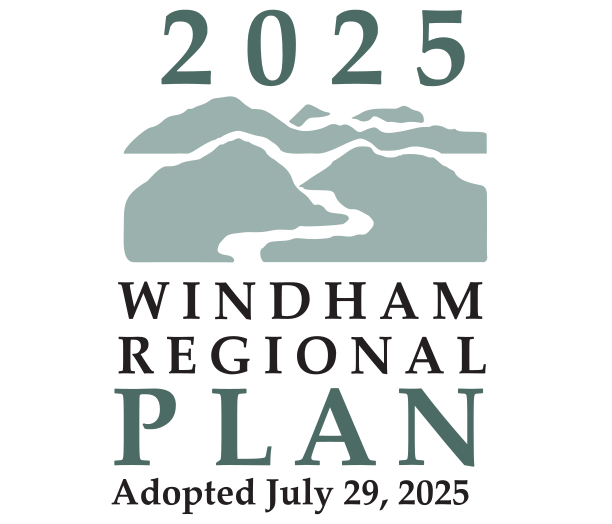Energy Policies
Energy Conservation, Efficiency and Resilience
- Support energy efficiency and conservation measures that reduce costs, usage, and emissions.
- Encourage energy conservation in municipal buildings, businesses, and homes.
- Support education around energy conservation and efficiency.
- Promote decreased use of fossil fuels for heating.
- Support utility, municipal, and property owner efforts to make our electrical power infrastructure more resilient to damage, both weather and human related.
- Support improved energy conservation and efficiency strategies as a preferred alternative to the construction of new energy generation and transmission capacity.
- Promote energy storage and systems that can supply energy to support critical functions in times of primary supply interruptions.
- Support the State in achieving its Total Renewable Energy and Comprehensive Energy Plan goals.
- Encourage new development in the region that meets the state building energy standards and exhibits best practices in terms of energy conservation and energy efficiency.
transportation and land use
- Promote a shift away from single-occupancy vehicle trips through strategies appropriate to the region.
- Promote a shift away from gas/diesel vehicles to electric or other non-fossil fuel transportation options.
Renewable energy development and siting
- Ensure that all energy generation, transmission, and distribution projects further the regional goals for providing a reliable, sufficient, and economical energy supply to the region, promoting energy conservation and efficiency, and furthering the development of energy sources that have zero or low Green House Gas (GHG) emissions.
- Encourage a shift toward zero and low-GHG emission energy sources.
- Support the continued availability and increased use of net metering electrical systems, including both individual and group net metering installations.
- Support renewable energy solutions that cross town boundaries.
- Support efforts of the State and regional organizations to increase training for new energy contractors and provide avenues for residents and businesses to easily find approved energy contractors.
- Support sound energy facility siting practices and ensure that new developments give adequate attention to facility siting requirements, development constraints, natural resource protection, and land use compatibility.
- Development shall be located to avoid state, regional and local known constraints, and to minimize impacts to state and local possible constraints, as defined in the Energy Element of the Regional Plan.
- Stormwater runoff should be identified and mitigated for all new energy facility projects.
- WRC recommends the location of renewable energy generation facilities in accordance with the relevant guidelines below. To determine an appropriate location for a facility, first review the constraints in this Plan and then look at the guidelines below to determine how and where WRC encourages renewable energy generation facilities. Inability to meet these guidelines does not necessarily preclude the ability to develop renewable energy generation projects:
- Encourage the placement of facilities on previously impacted land, such as gravel pits, landfills, brownfields, former industrial land, etc.
- Rooftop solar installations are highly encouraged whenever possible, but must comply with State, Regional, and Local historic preservation requirements.
- Ground mounted solar installations are recommended after consideration is first given to rooftop solar.
- Utility scale ground mounted solar arrays should be located outside of Village Centers and Downtowns to promote compact development patterns.
- Renewable energy generation facilities are encouraged to be installed as close as possible to existing distribution and infrastructure with adequate capacity.
- Encourage the placement of renewable energy facility sites along currently maintained town roads.
Equity
- The Windham Regional Commission, in conjunction with the Department of Public Service, should develop diversity, equity, and inclusion strategies to advance the transition to a just and equitable energy system for Vermonters and to guide actions moving forward.
- Equity should be considered as core criteria in all decision-making, alongside least-cost and environmentally sound principles.
- The Windham Regional Commission supports the establishment and implementation of frameworks for consistently addressing issues of equity and justice across Regional and Municipal energy policies.
